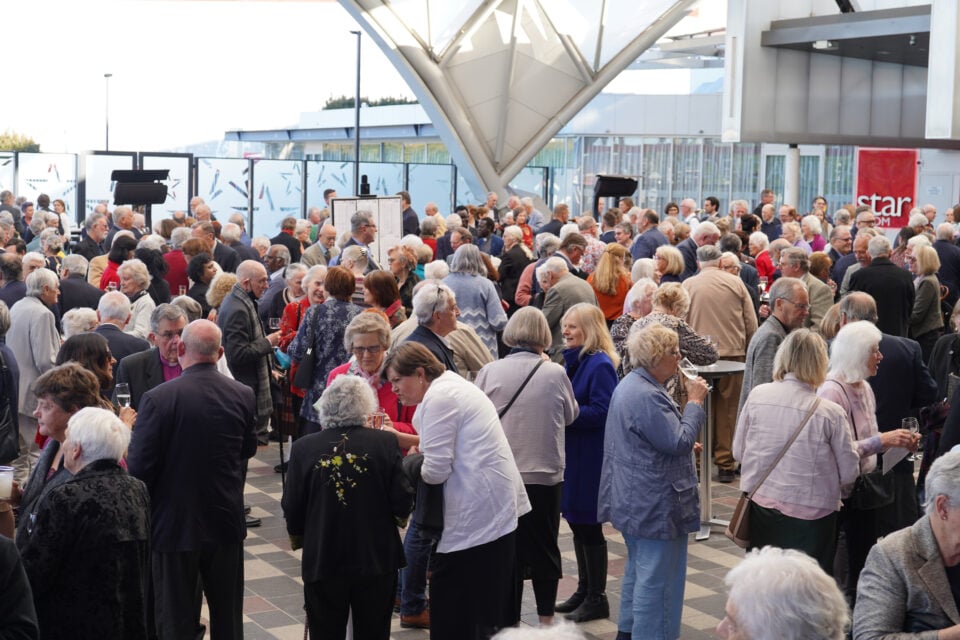Some disciplinary hearings involving historical sexual abuse cases are taking too long, writes Archbishop Geoff Smith, the Primate of the Anglican Church in Australia, who promises to launch a review.
Steven Smith, a survivor of terrible sexual abuse in the Anglican Diocese of Newcastle in 1970s, has written compellingly of the pain that delays in handling investigations related to historical abuse cases cause survivors.
His response was heartfelt but measured and I am humbled by the generosity of spirit he shows in light of the pain he has suffered at the hands of senior members of the Church.
I agree with Mr Smith that some of these matters are taking too long.
While it is important to see that we deal fairly with all parties, and ensure a just process for respondents in cases involving historical child sex abuse, the current situation does seem to be unbalanced. As well as providing procedural fairness for respondents our processes need to be sensitive to the needs of complainants.
I am also concerned, as Mr Smith is, about the messages that the delays in settling matters concerning historical abuse cases send to survivors and their families.
I also know the frustration that these delays cause to the many people within the Anglican Church who have been working tirelessly to rebuild trust and confidence in the Anglican community.
I welcome Mr Smith’s positivity in suggesting a way forward for the Church that will address some of the shortcomings that have led to distress among survivors.
As Mr Smith rightly notes, that trust is vital to the Church’s ability to deliver our mission.
There is merit in Mr Smith’s call for a thorough review of the disciplinary process within the Anglican Church and I have asked the matter to be raised at the next meeting of the Church’s Standing Committee – its executive arm – in order that we can discuss what might be done to improve the timeliness of the Church’s responses.
The Anglican Church in Australia has a structure that makes a unified national response very difficult. I, as Primate, have no authority over individual dioceses, or any review bodies.
But organisational challenges are no excuse.
Survivors and the public do have a right to expect that the Church is serious about its efforts to combat child sexual abuse and is serious in its efforts to deal with perpetrators and those who fail to protect the vulnerable.
Review and improvement in our disciplinary processes will take time. Organisational change is never straightforward, least of all with a fragmented organisation such as the Anglican Church. But I know there to be goodwill throughout the Church to work to get this right – and calling for a review is not a criticism of the people involved in running our processes but the processes themselves.
The good people who are trying their best to fix past wrongs should not be discouraged but heartened that we are determined too address these issues.
And I can assure Mr Smith and all survivors that I am committed to working to review our processes and to place the care of survivors at the centre of those processes.






